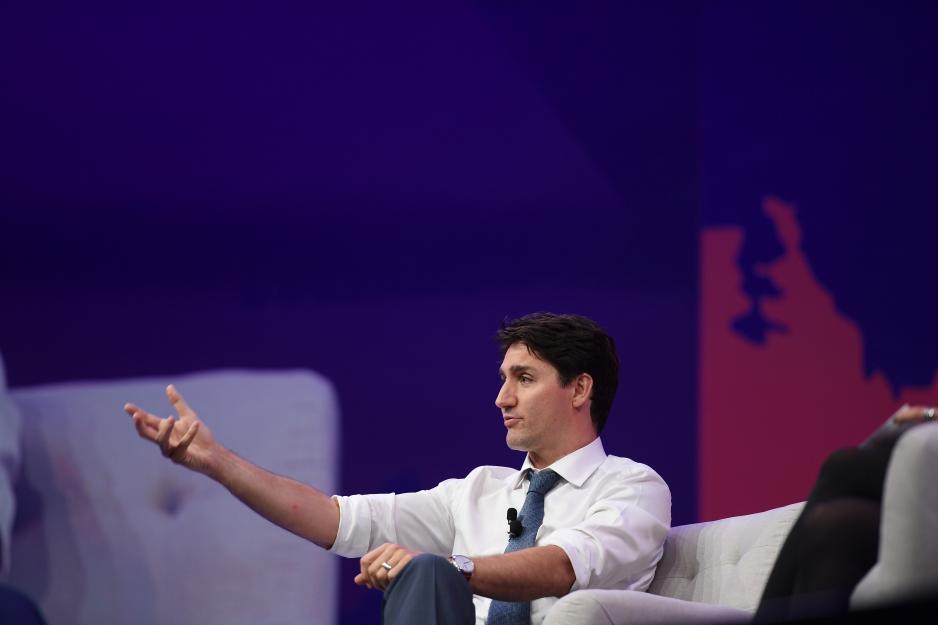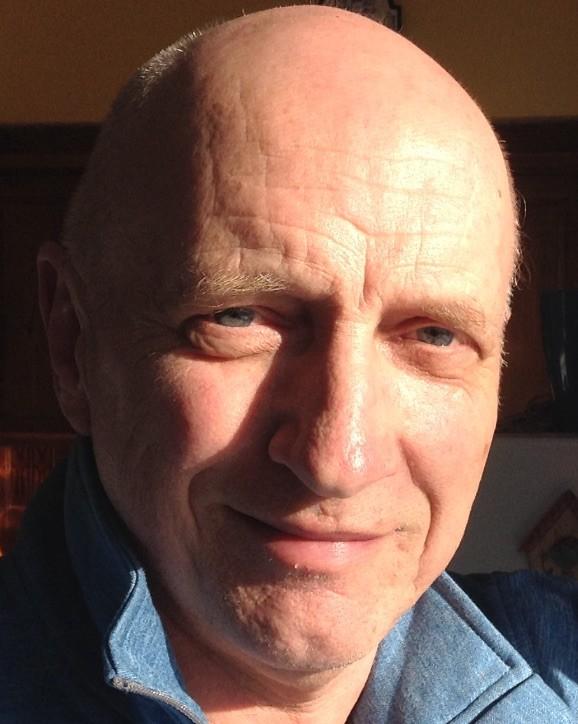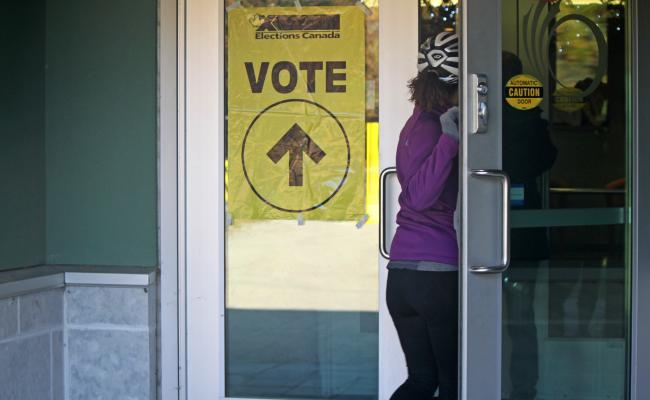Trudeau's Popularity Plummets Before the Canada Elections: "May Have Dug His Own Grave", says Political Analyst

Canada's Prime Minister Justin Trudeau want to rule alone and called for a snap election. Instead he may end up losing his job. (Photo: Eóin Noonan)
"If Justin Trudeau ends up with a minority government again, he could lose the post of prime minister," says political scientist André Lamoureux at the University of Quebec to High North News.
When the Prime Minister of Canada, Justin Trudeau (The Liberal Party) called for a new election in August, the plan was to win by a majority. To manage this, he needs 170 seats in The House of Commons, compared to the 155 he has now.
Even though it is just over 660 days since the Liberal Party won the election with a minority in 2019, Prime Minister Justin Trudeau saw an opportunity this autumn to gain from the goodwill of the people after the government's handling of the corona pandemic and thus secure a third win and a second majority.
Canada is in its fourth pandemic wave and is doing well on vaccine statistics.
"Cold calculation"
However, recent opinion polls do not show that Trudeau's Liberal Party will gain a majority of seats. At the time of writing, it is not possible to predict who will win the Canadian election on September 20, and Justin Trudeau just may have dug his own grave.
"Calling for a snap election with only a 36-day deadline - which is the shortest deadline it is possible to use - was an cold calculation by Trudeau", says André Lamoureux, professor of political science at the University of Quebec to High North News.
"Trudeau has never answered why he called for a new election. The only answer he has given is that he wants to listen to the people. But he could have done so without this. It is simply a matter of Trudeau wanting to get rid of the other parties and be the only captain of the ship, Lamoureux says.
Can lose everything
Just days before the election on September 20, things does not look to good.
Trudeau's window for this election was now or never. The new election could not crash with the elections in the provinces and October marks the end of the financial aid packages he has handed out during the pandemic, Lamoureux says.
During the pandemic, the State has been given out generous financial support packages to both large companies, small businesses and individuals who have lost money during the corona pandemic. But the polls last week show that the Conservative Party is almost on a par with the Liberal Party.
"It is a close race and I can say with certainty that Trudeau is worried".
And the sitting prime minister has every reason to be. For any outcome other than majority, Trudeau may have to leave office.
Impossible to predict
"There are strong forces within his party that are dissatisfied with the decision on the election. If the election ends in a loss or a minority - as they are now - they might demand his resignation as Prime Minister. This choice was his choice, and he must take the consequences himself, says the political analyst.
He himself can not predict the election result on Monday.
"It is anyones game right now, and there is a lot of dissatisfaction and even anger from the other parties and provinces".
The intention of the new election is to gain all the power in the government.
Will scrap popular law
At the center of Trudeau's issues with the Quebec province is secularism. The Government has, with strong support of the people, passed a law on the province's secularity in June 2019. The law prevents government employees from wearing religious symbols at work.
"The people have been fighting for this law for many years, and with a growing religious fundamentalism, Quebecers stand strong behind the law. Various opinion polls show that 70 to 80 percent of the population in Quebec want to keep the law. Part of the dissatisfaction with Justin Trudeau and his liberal government is that he want to declare the Quebec law unconstitutional and the case will probably go all the way to the Supreme Court", Lamoureux explains.
Therefore, he believes that The Liberal Party will be downvoted by a large proportion of the population of Quebec.
"This is one of the largest obstacles for Trudeau in his fight to get an absolute majority government, because the Bloc Quebecois is fighting to preserve the secularity of the state in Québec. This topic is at the heart of the election and forms the basis for the confrontations in the three national election debates held in this campaign".
Criticised
Canada has been a world leader when it comes to Covid vaccines. 79 percent of Canadians over the age of 12 are fully vaccinated. But Trudeau's goodwill does not apply to everyone and he is criticized for demanding that all public employees be vaccinated and wear masks.
Demonstrations against the country's vaccination program have taken place in several cities.
Of the two major parties, the Conservatives are furthest to the right. And to the left of the Liberals is the New Democratic Party (NDP), which gets around 20 percent in the polls.
The Bloc Québécois, which wants more autonomy for the French-speaking province of Quebec, does not want to enter into a coalition with any of the major parties. As the situation is now, neither party is likely to gain a majority on its own.
Snap Election:
A snap election is an election that is called earlier than the one that has been scheduled.
Generally, a snap election in a parliamentary system (the dissolution of parliament) is called to capitalize on an unusual electoral opportunity or to decide a pressing issue, under circumstances when an election is not required by law or convention.
A snap election differs from a recall election in that it is initiated by politicians (usually the head of government or ruling party) rather than voters, and from a by-election in that the winners will serve an entire term as opposed to the remainder of an already established term.
Early elections can also be called in certain jurisdictions after a ruling coalition is dissolved if a replacement coalition cannot be formed within a constitutionally set time limit.




